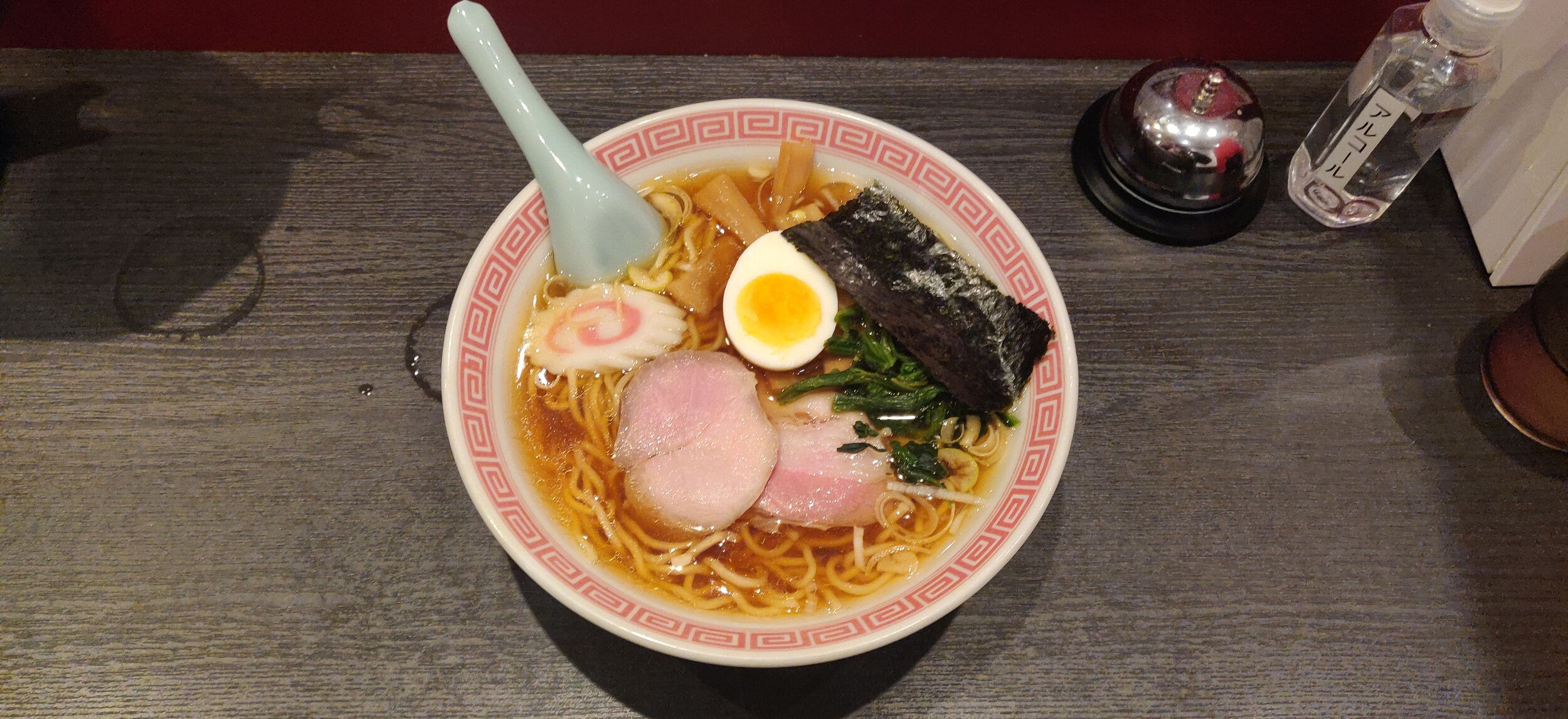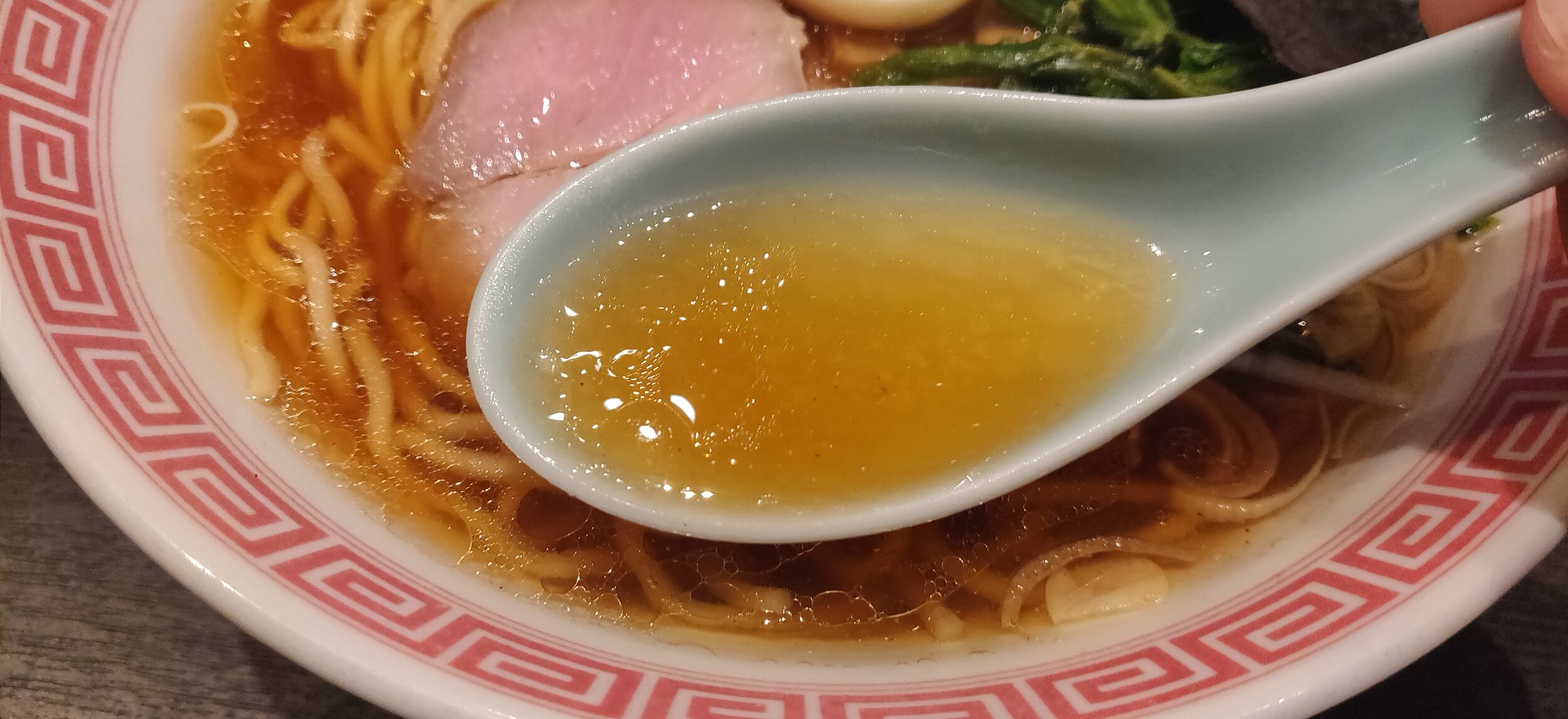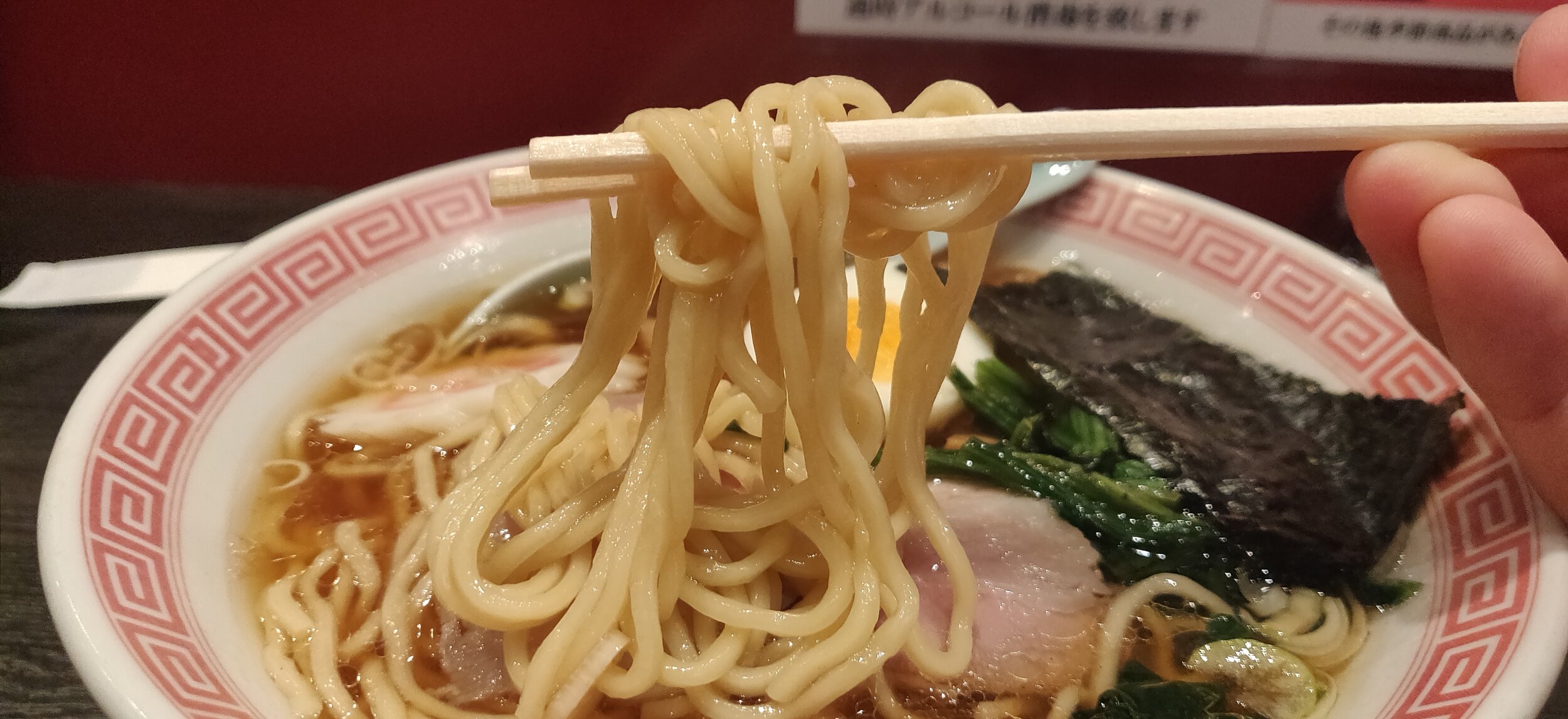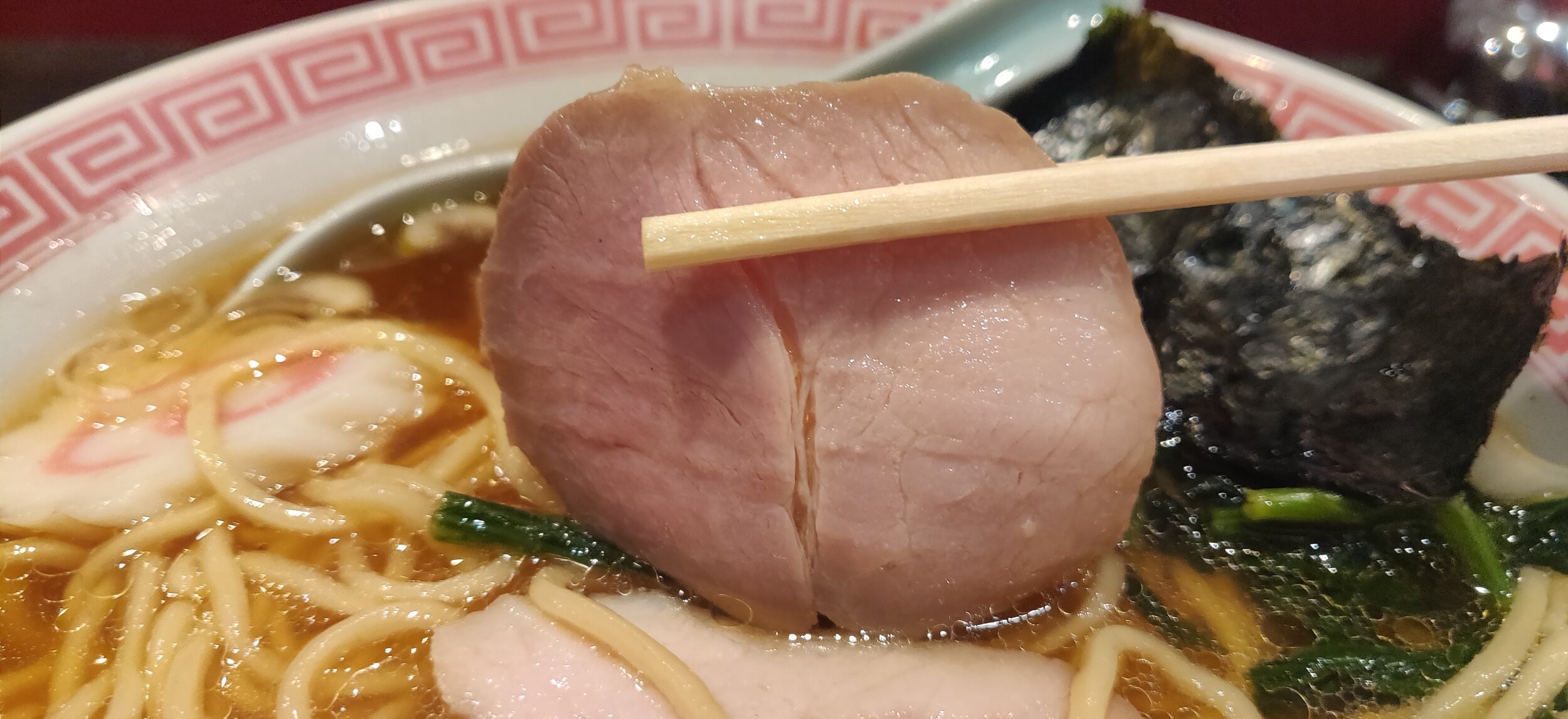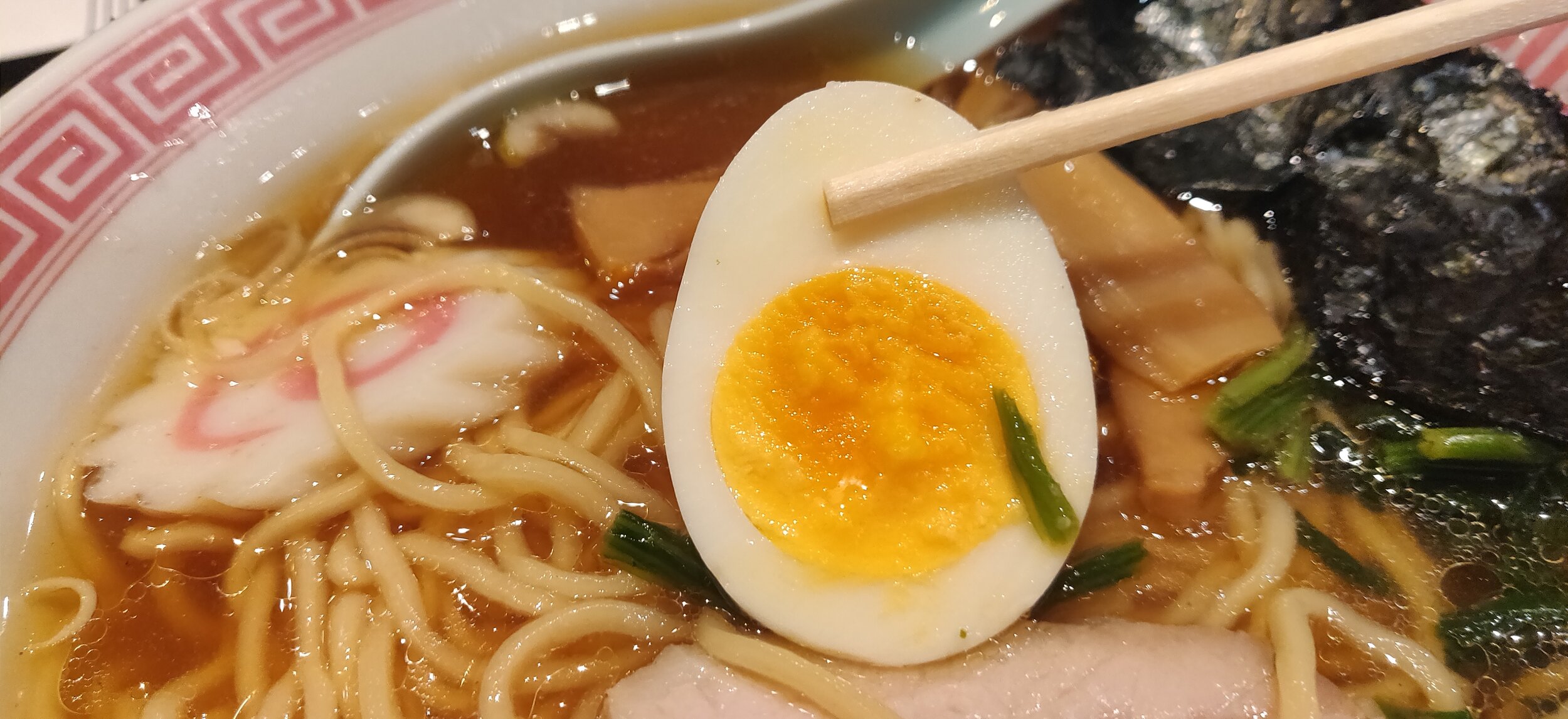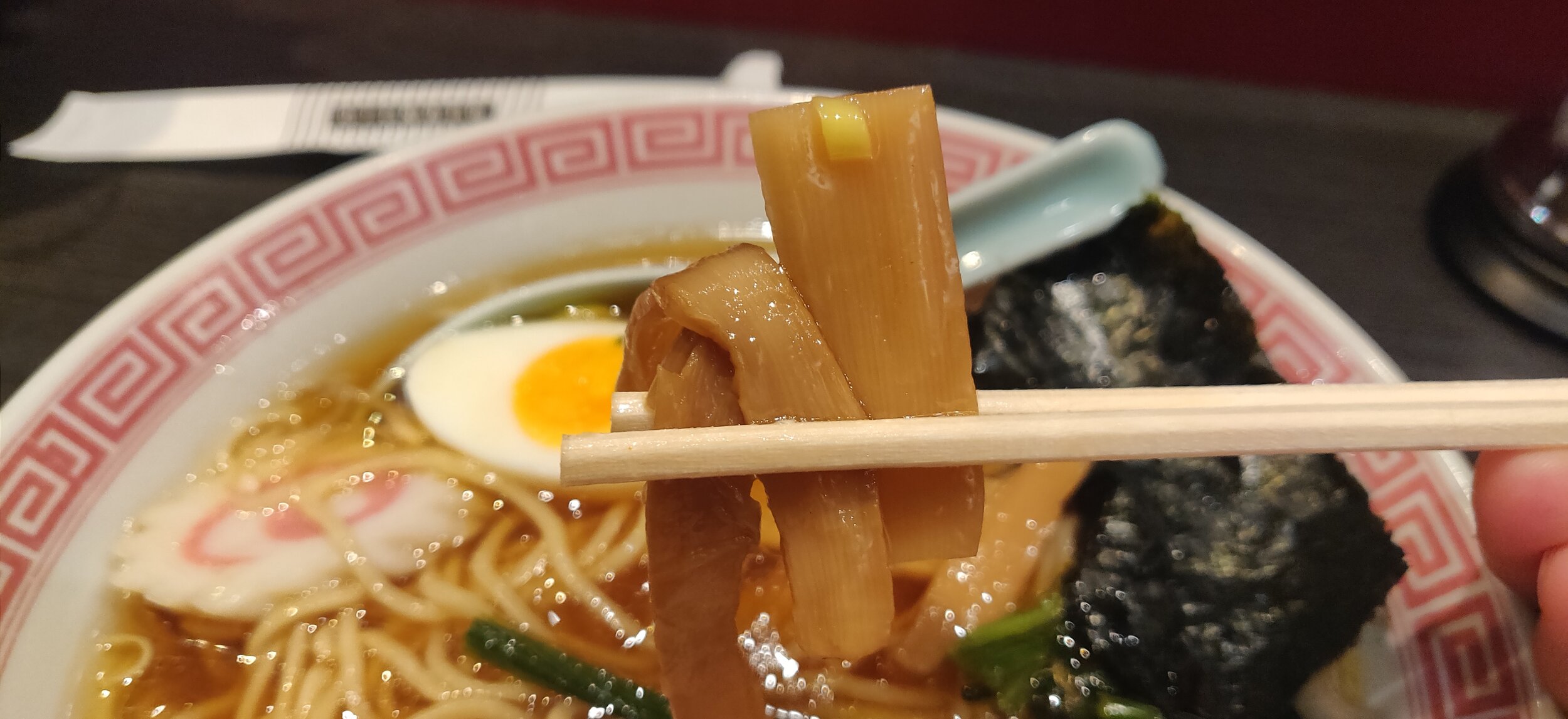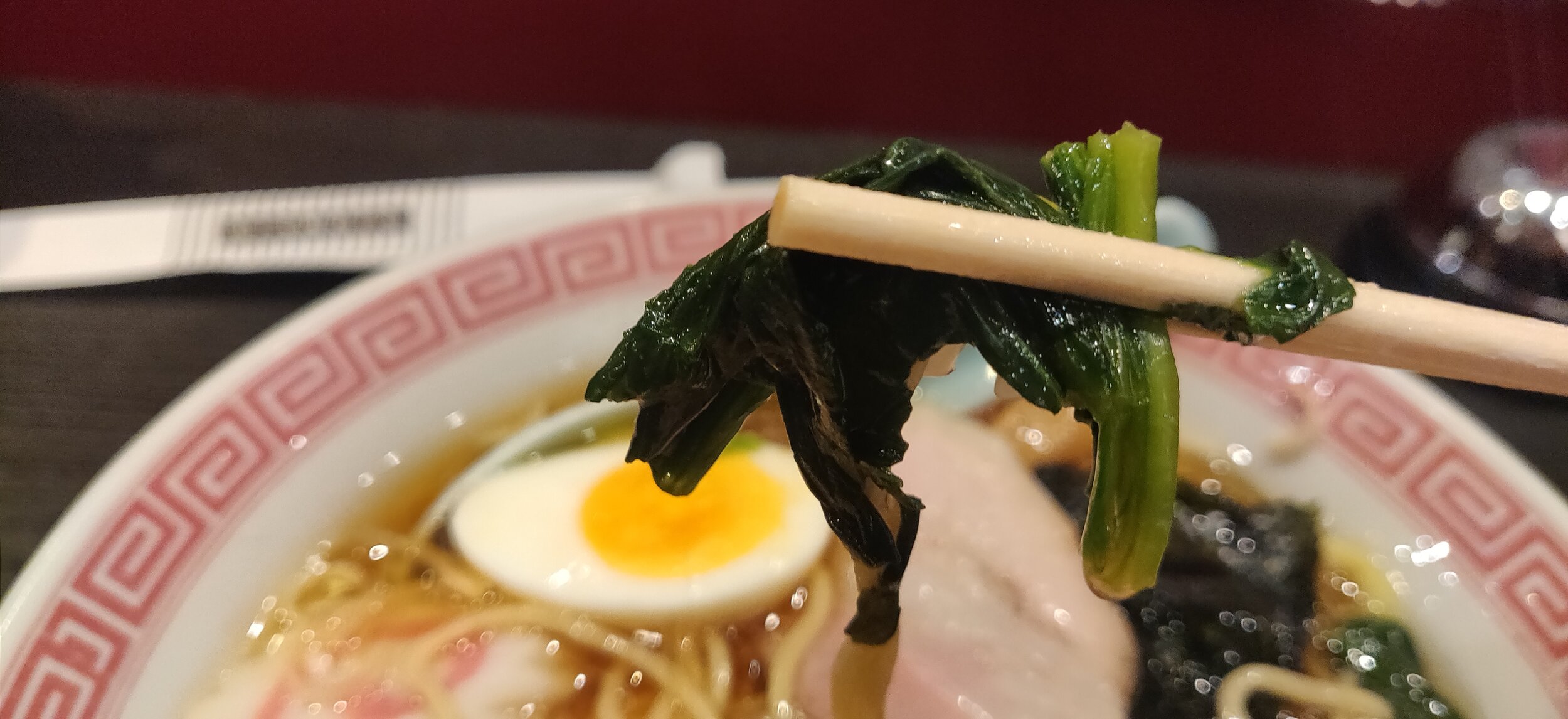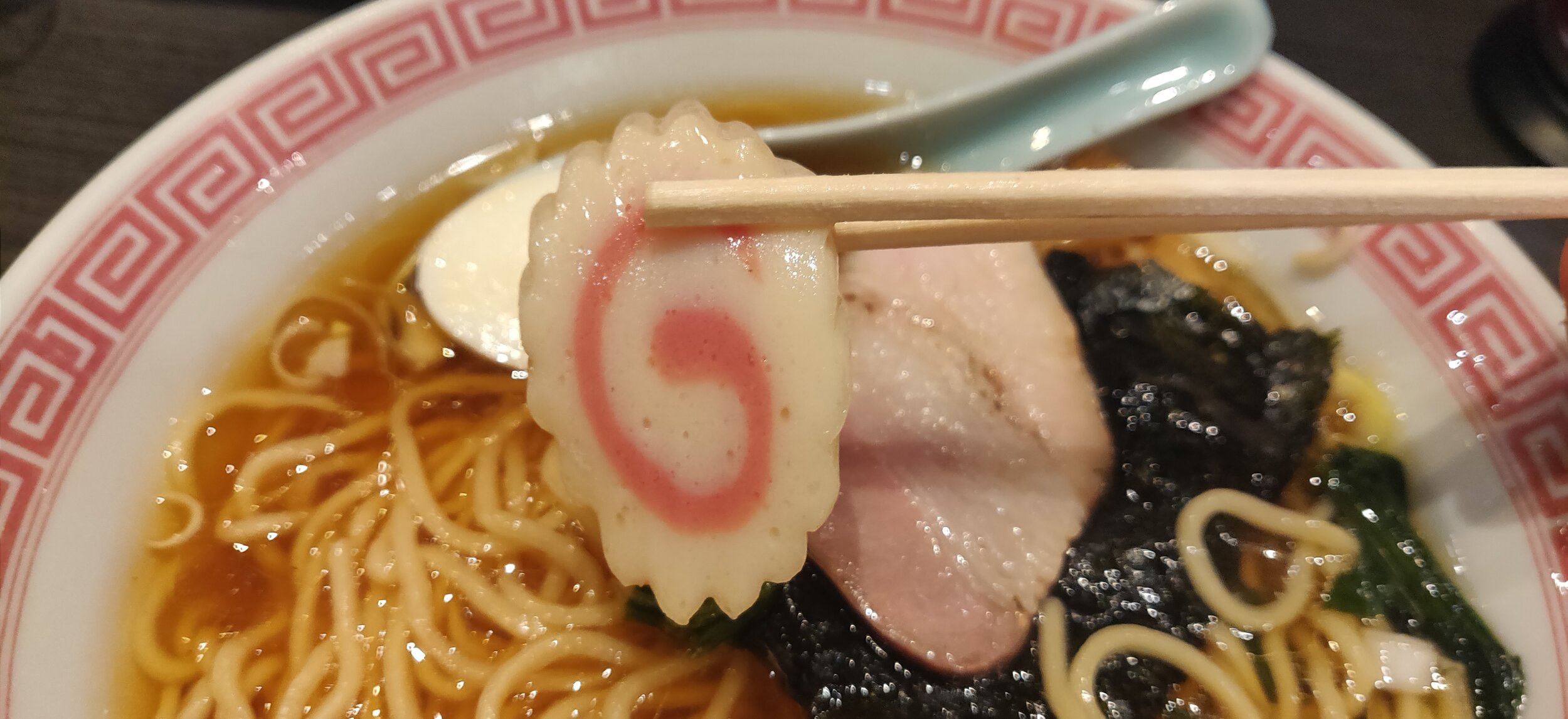Ramen Daishi (ラーメン 大至); Ramen Shop in Bunkyo-ku, Tokyo
If you’ve been following my reviews lately, I’ve been slowly, but surely making my rounds around the Tokyo Top 100 Ramen Shops according to Tabelog. Ramen Daishi is a shop I’ve actually visited, but before I worked on my blog, so I didn’t have any usable photos for a review so made a repeat visit. Located in the Bunkyo-ku area of Tokyo, Daishi serves up some solid bowls in a variety of styles. Shop gained in popularity from the local office workers nearby, but soon became a hit with ramen enthusiasts breaking in to the Tabelog top 100. Daishi is located mere walking distance from both Ochanomizu and Akihabara stations so it’s a perfect joint to hit up as a tourist exploring Tokyo.
Daishi is open Monday to Saturday with a day off on Sundays. Lunch hours are 11:00-3:00 pm and reopen again for dinner from 5:00-8:45. Saturdays are lunch time only so plan accordingly if you want to make a visit. Unfortunately the menu isn’t in English so I’ll translate it here. The top left is the most popular menu item which they simply call “Ramen”. Next to it is the lunch special Ramen set which comes with rice and a side. Seabura Ramen is next which is the pork back fat ramen. On the far right is the Tantanmen which is Japan’s rendition on Dan Dan Noodles. Second row starts with Miso Ramen on the left, Spicy Miso next to it, and the far right button is for Won Ton topping. Third row is Tsukemen, next to it is extra noodles, then Negi Chashu over rice, Chashu topping, and finally beer. Next row is extra toppings for the Tsukemen (purchased in conjunction with the Tsukemen), a mini salad, lunch set, rice, and kimchi. Next row is a mini chashu don, raw egg over rice, negi over rice, and a salad. Next row down is oden, an appetizer won ton plate, appetizer chashu, and a miso marinated garlic. Final row is the drinks which consist of Oolong Hi, Lemon Sour, Japanese Sake, Japanese Shochu, and coke. As it was my second bowl of ramen for the day, I went for the regular ramen with no additional toppings or sides.
As you can see, the ramen comes with lots of toppings despite not ordering anything extra. A couple slices of pork chashu, half an egg, a bit of menma bamboo shoots, blanched spinach, negi, naruto fishcake, and dried seaweed top the bowl. Underneath is the classic Chuka Soba style soup and noodles which bring together the bowl. In terms of cost benefit, probably one of the best deals for ramen you can get. Very rarely do you see this many toppings on a bowl of regular ramen. Might be an indicator of why it is so popular with the business men and women who work nearby- incredibly filling keeping both the wallet and stomach full. Also, I think this bowl is a hit among the old school ramen heads as it really brings forth the old school ramen you could easily find in shops in the late 80s and early 90s. The flavors were incredibly nostalgic, but unlike at Chuka Soba Katsumoto, it wasn’t quite as refined.
The main draw is definitely the soup and many of the old heads working in offices nearby rave about how heartwarming and soothing it is. Daishi uses a combination of whole chicken, tonkotsu pork bones, and gyokai seafood elements for the broth. Stock is steeped for a total of ten hours with the ingredients added in intermittently in relation to proper temperature and time for maximum flavor extraction. Scallops and Katsuobushi dried bonito shavings make up the seafood element giving it both an umami kick and a nice subtle sweetness. The chicken and pork provide the depth giving it that filling profile after polishing off the soup. Chiyu, or chicken oil, used as the aroma oil is drawn from the chicken as well and the sheen and glimmer gives the soup an elegant look. The shoyu tare is on the lighter side and while it doesn’t stand out, it doesn’t stick out either. Shoyu tare brings the flavors together in to one cohesive unit and I did think it was a solid soup. Of course, I’m not the biggest fan of these old school Chuka Soba inspired bowls so take my review with a grain of salt…I’m sure my bias has crept in already.
Noodles were thin to medium thickness and on the longer cut. The strands made for a nice slurp and paired with the light soup nicely. For a thinner, lighter soup like this one, you really want noodles that don’t overpower the soup and so I thought the choice was a solid one. Pork chashu, both loin and belly cuts, are cooked sous vide and retains it’s moisture in the soup. However, be sure to eat it quickly as the bowl is served pipping hot and the residual heat of the soup will heat the perfectly cooked chashu slices quickly…nothing worse than an overcooked chashu. The egg was a nice touch for my wallet’s sake as most ramen shops no longer offer it without adding it on as an extra topping, but not a huge fan of how cooked it was. I prefer my egg to be a bit runny, but again, that’s just my personal opinion. Menma bamboo shoots had a nice crunch and I liked that to give it a more varietal texture contrast with the other elements in the bowl. Hosaki menma, or thin top cuts of the bamboo shoots, has risen in popularity, but this homage to old school Chuka Soba shops kept the bowl in character and consistent. Spinach was nicely blanched, negi added more of that crunch the menma also gave, and the naruto fishcake provided, again, the old school vibe.
If you’ve come this far in to my review, you may realize this wasn’t necessarily my favorite bowl of ramen. However, I could appreciate it for what it is and if you’re looking for a solid bowl of nostalgic Chuka Soba, you won’t regret making a visit. Shop is located close to a number of other popular ramen shops so if you’re in Tokyo trying to polish off as many bowls as possible, this could very well be in your itinerary. If you need other tips on which restaurants to hit up, be sure to check out my eBook guide of 15 shops to visit on your trip to Tokyo. Appreciate it in advance if you purchase it and hope the eBook and these reviews help you find the perfect bowl you’re looking for.


